Keywords: Equality
There are more than 200 results, only the first 200 are displayed here.
-
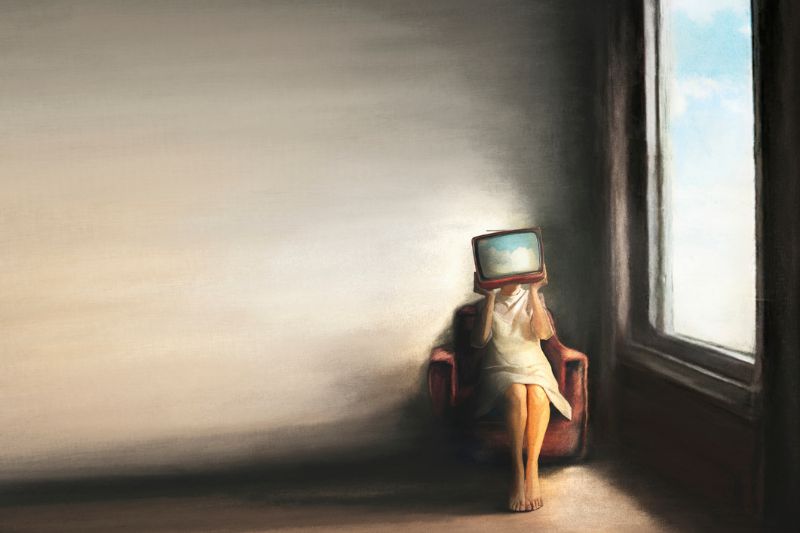
ARTS AND CULTURE
- Emma Wilkins
- 27 September 2022
2 Comments
There's an assumption that writers shouldn’t be writing about groups they don't belong to, as if this couldn’t be done with honesty and insight, respect and restraint. Difficult, yes, but impossible? Whether in fiction or non-fiction, outsiders might misunderstand and misrepresent the people they depict, but sometimes, insiders will too. Sometimes, outsiders will lack insight, but sometimes, when they’re curious, attentive, when they do not overreach, they’ll capture truth.
READ MORE 
-
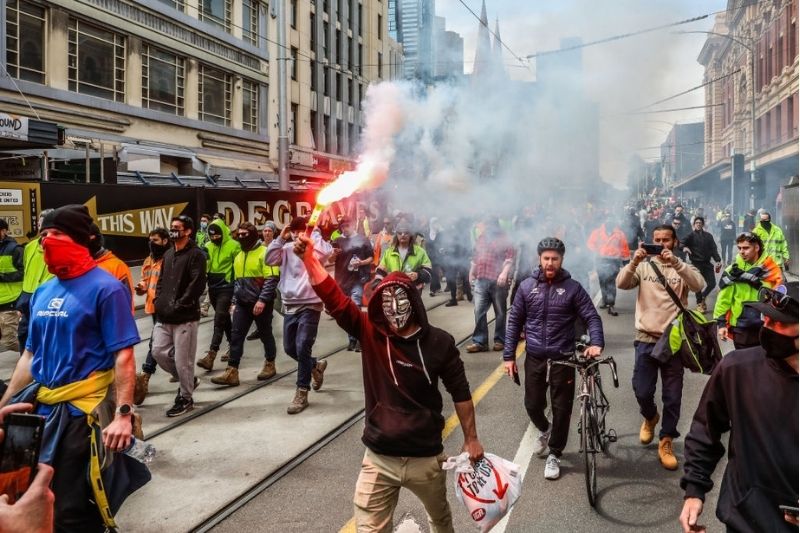
AUSTRALIA
- Andrew Hamilton
- 15 September 2022
3 Comments
To say that democracy is under threat is now a truism. And to sustain democracy is a complex task. People need to believe in it and experience its benefits. This demands a deep grounding, founded on our shared human dignity and on our shared responsibility to shape our own lives within the community on which we depend.
READ MORE 
-
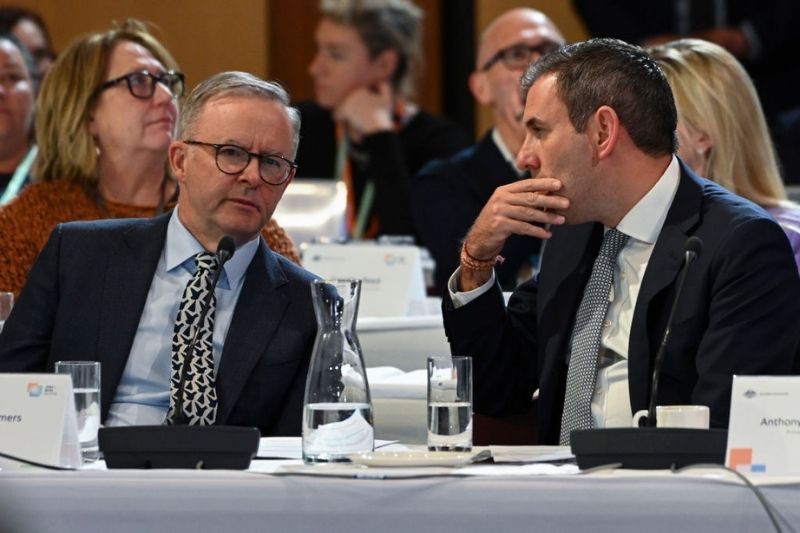
AUSTRALIA
- Andrew Hamilton
- 06 September 2022
3 Comments
The policy of the Labor Government can be described as steady as she goes. This does not mean that it will simply follow the policies of the previous government. Its reading is that the ship of state has been becalmed, responding haphazardly to the political winds with no sense of direction or destination. It had become the ship of fools. The new Government then has committed itself to show that there are captain on board and a competent, disciplined crew that can work together.
READ MORE 
-

RELIGION
- John Warhurst
- 19 July 2022
18 Comments
When those, like myself, seeking reform speak of systemic change to church structures those opposed to change see disrespect towards those holding positions like bishop and priest within the established order. When reformers seek the equality of women in governance and ministry those opposed to change see disrespect towards lay men and male religious as well as to other women.
READ MORE 
-
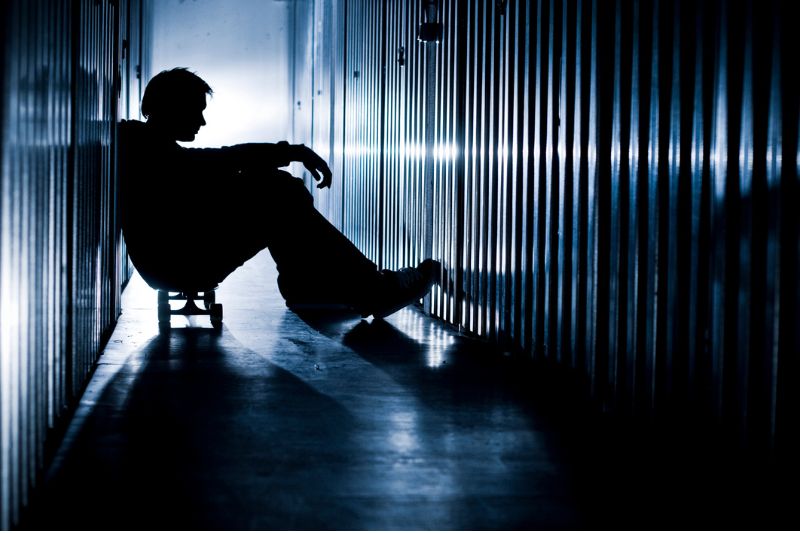
AUSTRALIA
Is there nothing Government can do to turn around the ever-increasing numbers of children requiring intervention by child protection, youth homelessness and justice systems? Government can start with policies that support families, in all their diversity, and begin to prioritize the needs of children above all else. And given all the evidence tells us that fathers matter to children, isn’t it essential to get fatherhood right?
READ MORE 
-

RELIGION
- Michele Frankeni
- 12 July 2022
1 Comment
Last week at the Plenary Council Second Assembly, it seems many of Australia’s bishops, for whatever reason, wanted to bury the talents available to them. They voted down motions related to the equality of dignity between men and women. The reaction according to commentators was visceral with members, not just women, upset and angry. It is likely the anger was more potent for the fact that the motions had become so anodyne that many assembly members are probably regretting the parsing and pruning.
READ MORE 
-
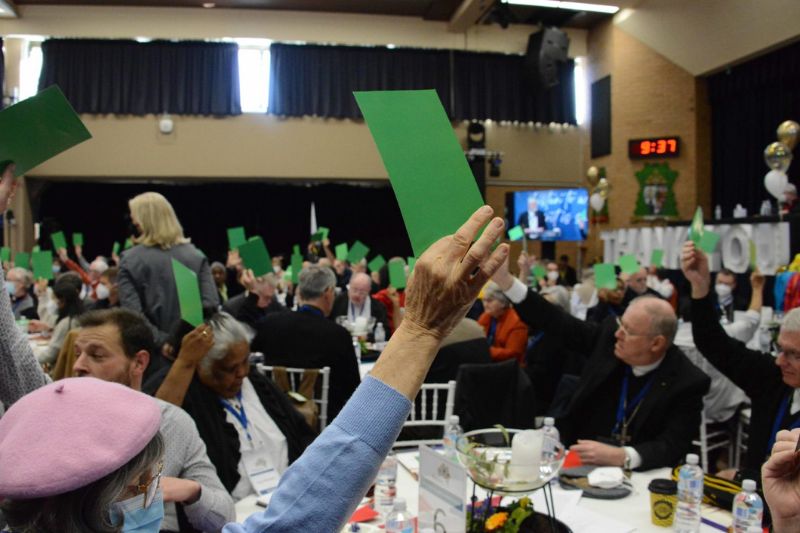
RELIGION
- Paul Collins
- 12 July 2022
33 Comments
The Plenary Council (PC) is over and the time has come for assessments. What did it achieve? In positive terms it brought together an enormously generous group of people whose dedication to Catholicism is extraordinary. It also demonstrated the diverse complexity of the community.
READ MORE 
-
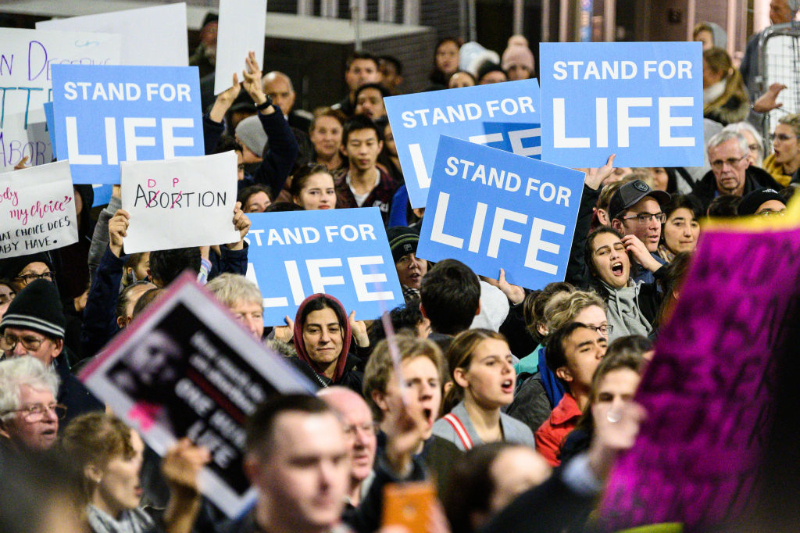
AUSTRALIA
- Michael McVeigh
- 15 June 2022
6 Comments
One would assume that the Victorian Liberal Party has looked at the numbers, and believes that religious conservatives no longer make up a significant proportion of their constituency. Certainly, the moral authority of the Catholic Church and other Christian denominations has taken a battering in the state over the last decade, with many remaining openly hostile to religious perspectives. If the pro-life movement was ever a significant force in Australian politics, that’s no longer the case.
READ MORE 
-

ARTS AND CULTURE
- Andrew Hamilton
- 03 June 2022
1 Comment
As I was reading the illuminating contributions to Class in Australia I had to confront my attitudes to Marxist analysis, to the claims of sociology, social work and psychology to be sciences, to the relative importance of inequality based on wealth, gender and race, and to any claim that canonises individual choice while claiming to be value free.
READ MORE 
-
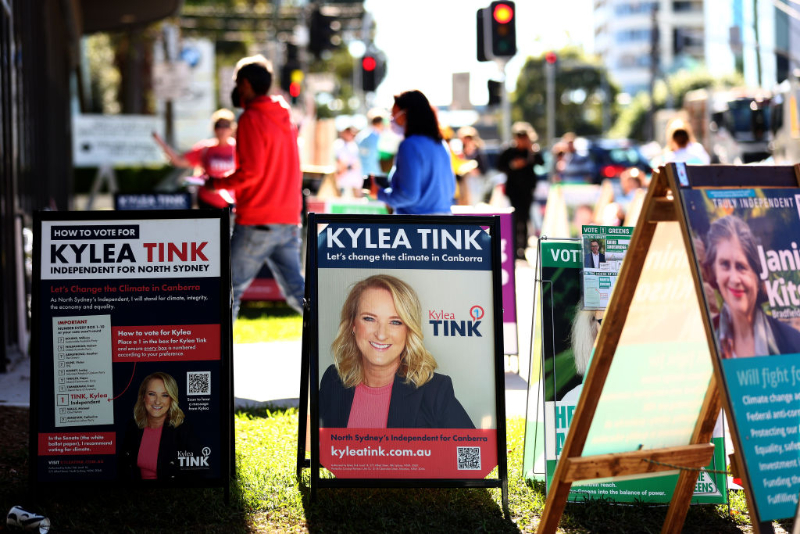
AUSTRALIA
- Binoy Kampmark
- 24 May 2022
11 Comments
The centre of the political system did not so much hold as desert. The vote was a furious, determined and tenacious shout from the estranged centre, a shivering of the timbers. The calibre of individuals elected — many from professions, many with public service outside the traditional party hierarchy of patronage and promotion, and most, women — has not been previously seen in this country’s politics.
READ MORE 
-
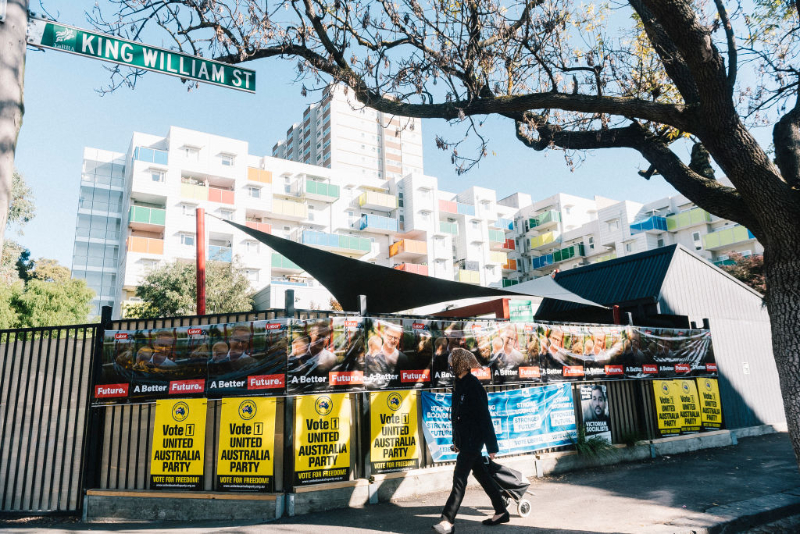
AUSTRALIA
- John Warhurst
- 24 May 2022
13 Comments
Governments lose elections, but Oppositions still must demonstrate that they are a capable alternative. Both the Morrison Coalition government and the Albanese Labor Opposition played their part last Saturday. There were many sub-plots in the pattern of voting, but this election was primarily lost and won in the four biggest mainland cities.
READ MORE 
-
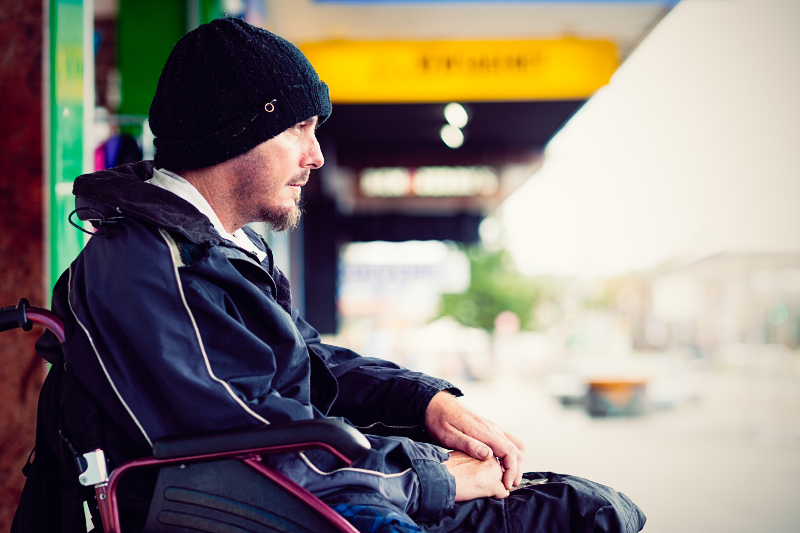
AUSTRALIA
- Claire Victory
- 19 May 2022
1 Comment
There is an Australia that many people seldom encounter and its citizens number in the millions. These citizens live in all cities and regional towns, often in sub-standard yet costly housing, and struggle to survive week to week on low wages or inadequate government assistance.
READ MORE 